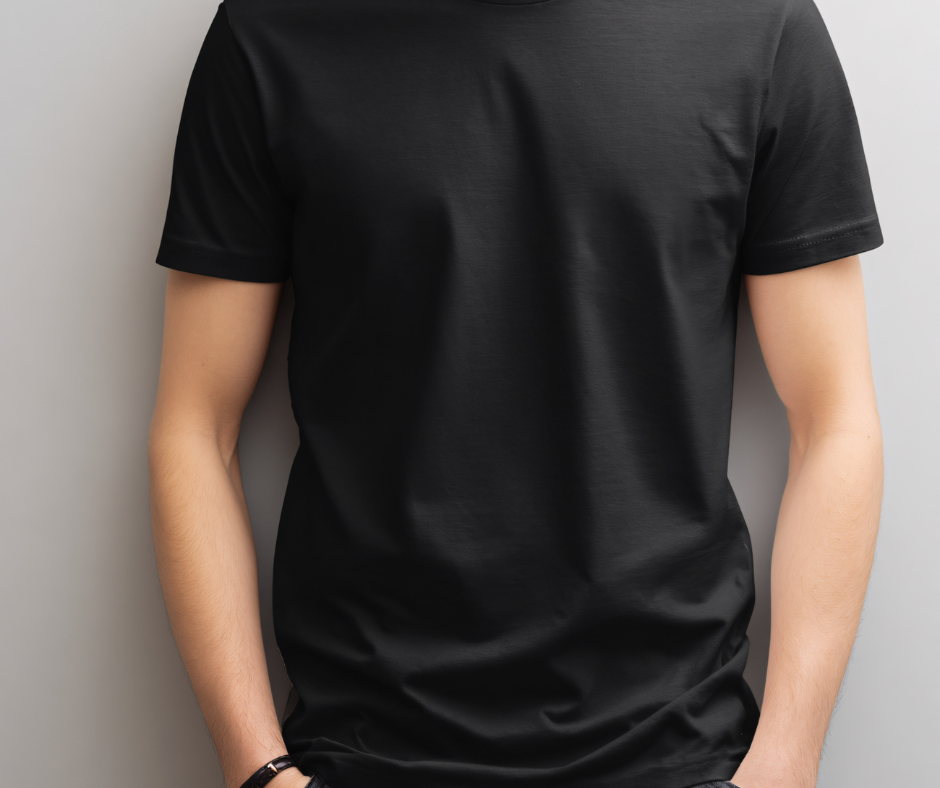Leaders Wear Black: How Simplifying Your Choices Can Supercharge Your Focus
- Hannah Bezeredi

- Oct 20
- 4 min read

There’s a reason you’ll often find some of the world’s most influential leaders — from Steve Jobs to Barack Obama — wearing the same thing almost every day. Jobs had his black turtleneck and jeans. Zuckerberg stuck to gray T-shirts. Obama famously rotated between only blue and gray suits.
At first glance, it looks like a branding move — a minimalist aesthetic, maybe even a touch of ego. But underneath the style is something far more intentional: a strategy to preserve mental energy for what actually matters.
They’re not obsessed with fashion. They’re obsessed with focus.
The Hidden Cost of Every Tiny Decision
Every day, from the moment we wake up, we’re flooded with choices:What to wear.What to eat.When to work out.Which email to answer first.Should I hit snooze or get up now?
Each of these decisions might seem harmless on its own, but they quietly chip away at our mental clarity. Psychologists call this decision fatigue — the gradual decline in decision quality after making a series of choices.
Research shows that the human brain has a limited supply of decision-making energy each day. When we waste that energy on trivial choices, we have less left for the big, strategic, creative, or emotionally intelligent ones — the kind that move our life and work forward.
That’s why some of the most productive people deliberately remove unnecessary decisions from their day. They design their routines not for spontaneity, but for sustained focus.
Freedom Through Structure
At first, the idea of limiting choices can sound restrictive — like a loss of personal expression. But paradoxically, the opposite is true.
When you strip away the nonessential, you create more room for what actually lights you up. Minimalism isn’t about deprivation; it’s about liberation.
Steve Jobs didn’t wear the same outfit because he didn’t care how he looked — he did it so he wouldn’t have to think about how he looked. That saved energy could be redirected toward creating the next iPhone.
Barack Obama once said:
“I don’t want to make decisions about what I’m eating or wearing. Because I have too many other decisions to make.”
That’s the essence of focus: guarding your cognitive bandwidth so you can spend it where it counts.
The Micro-Decisions That Drain Us
Here are some of the most common “invisible” energy leaks most people overlook:
Clothing: Spending ten minutes every morning deciding what to wear adds up to over 60 hours a year of lost focus.
Meals: Constantly deciding what or where to eat often leads to poor choices and wasted time.
Digital Clutter: Notifications, social media pings, and endless app options fragment attention.
Task Switching: Jumping between emails, chats, and projects forces micro-decisions that interrupt deep work.
Routines: Inconsistent mornings lead to mental friction — we burn energy deciding what to do first instead of simply doing it.
Each small decision pulls a tiny thread of attention. Over time, those threads unravel your focus.
Designing for Clarity
The solution isn’t to become robotic or boring — it’s to be intentional.
Simplification is about designing your life like an ecosystem where everything supports your priorities. You can start small:
Create a Signature Uniform – It doesn’t have to be black, but choose a go-to style that simplifies mornings. Make it your energy-saver outfit.
Batch Decisions – Plan your meals, workouts, or work outfits once a week. The decision is made once, not daily.
Automate the Mundane – Use subscriptions or automatic deliveries for essentials like groceries or toiletries.
Eliminate Digital Noise – Turn off notifications. Unsubscribe ruthlessly. Keep your home screen minimal.
Set Routine Anchors – Morning and evening rituals that remove friction. For example, laying out tomorrow’s clothes or planning tomorrow’s priorities before bed.
Each simplification adds up to a lighter, calmer mind — one that’s free to think deeply, create boldly, and lead effectively.
The Psychology of Predictability
Predictability is not the enemy of creativity — it’s the foundation of it.
When your environment and habits are stable, your mind feels safe to take risks. That’s why so many great artists, thinkers, and entrepreneurs have famously simple daily routines.
They remove chaos from the surface so they can dive deeper beneath it.
Think of your mind like a browser with too many tabs open. Simplifying your choices is like closing the unnecessary ones — suddenly the system runs smoother, faster, and with less lag.
Simplify to Amplify
Here’s the paradox: leaders don’t simplify because they’re boring — they simplify because their vision isn’t.
They know their time and mental energy are finite. They protect it fiercely. They choose not to waste their best thinking on what color socks to wear.
When you declutter your choices, you amplify your capacity for impact. You stop reacting to your day and start designing it.
Try This: A 7-Day “Black Shirt” Experiment
For the next week, experiment with one area of decision minimization. It could be:
Wearing the same type of outfit each day
Eating the same healthy breakfast
Having a set morning routine
Turning off all but essential notifications
Notice how your mood, focus, and energy shift. Most people are shocked by how much lighter they feel.
Because it’s not just about what you wear — it’s about reclaiming attention from the trivial and reinvesting it into what matters most.
Final Thought
True freedom isn’t the ability to choose everything — it’s the ability to choose what truly matters.
Leaders wear black not because it looks good on them, but because it keeps their attention on what really counts.
When you simplify your life, you don’t lose variety — you gain clarity.
And clarity is the rarest form of luxury there is.
Comments